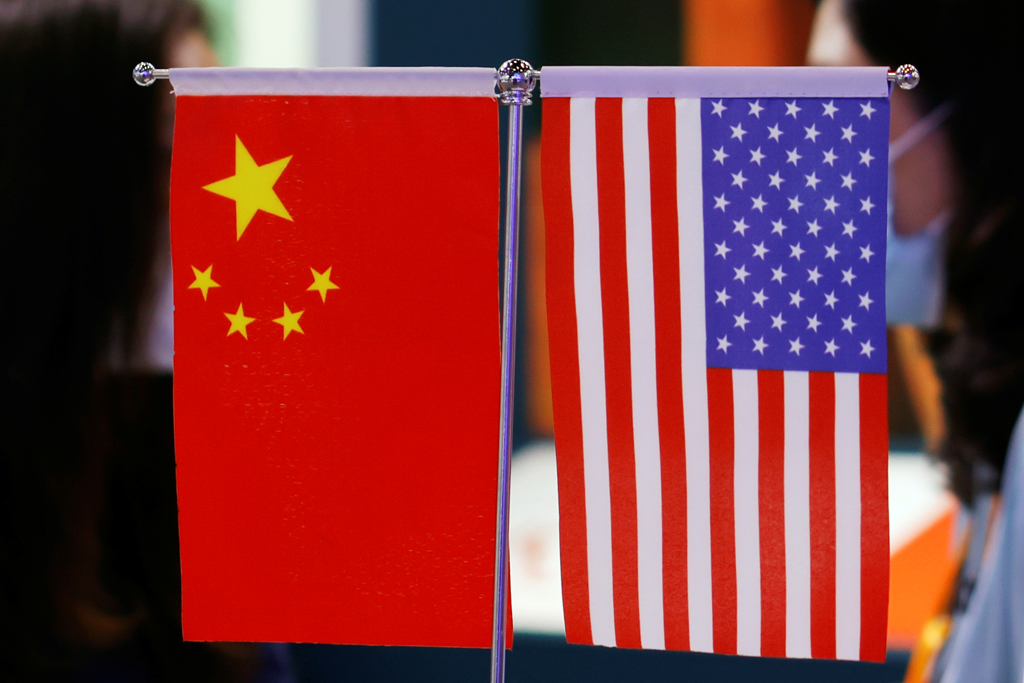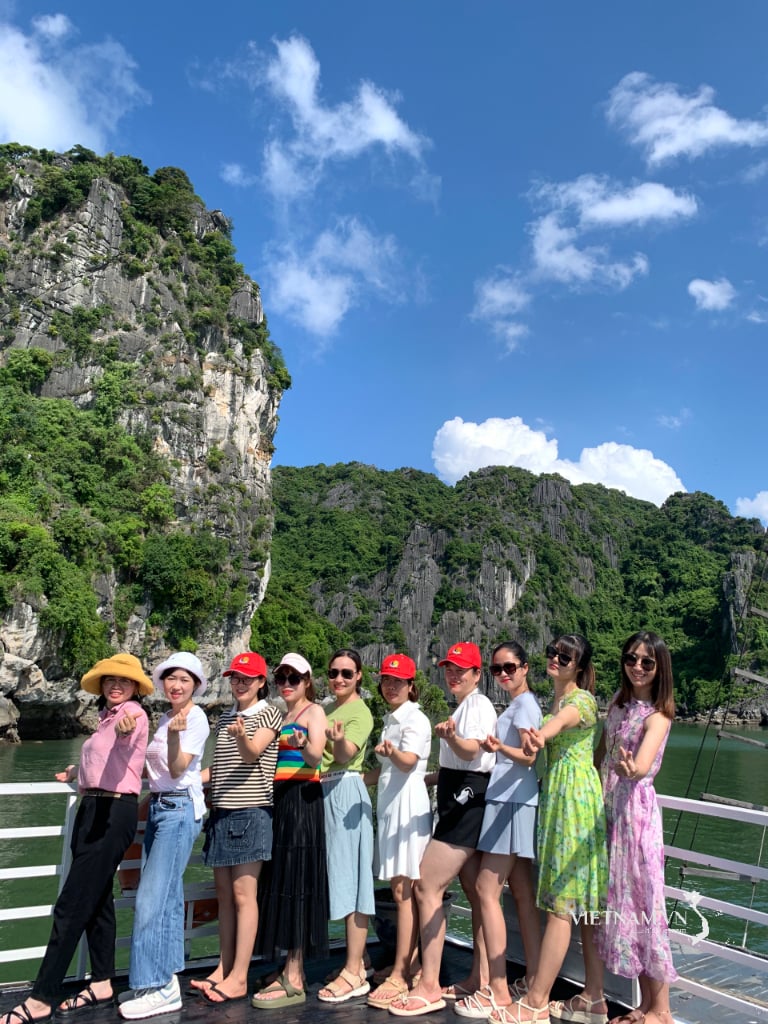On May 25th (local time) in Washington, D.C., U.S. Commerce Secretary Gina Raimondo and her Chinese counterpart Wang Wentao held a bilateral meeting.
Mutual concern
This is the highest-level direct dialogue between the two sides since the meeting between US President Joe Biden and Chinese President Xi Jinping on the sidelines of the G20 Summit in mid-November 2022 in Bali, Indonesia.
Both sides offered criticisms of each other's trade, investment, and export policies, but the dialogue was described by Minister Raimondo's office as "frank and substantive."
Specifically, Reuters quoted a statement from the US Department of Commerce as saying: "The two ministers had frank and substantive discussions on issues related to US-China trade relations, including the overall environment in both countries for trade and investment, as well as potential areas of cooperation." The statement also added: "Secretary Raimondo also raised concerns about a series of recent actions by China against US companies operating in China."

The US and China have many disagreements, not just about trade.
Conversely, a statement from China's Ministry of Commerce said that Minister Wang raised key concerns about U.S. policies toward China, including semiconductors, export controls, and foreign investment reviews. However, China also stated that the two sides agreed to establish and maintain open communication channels – which Washington considered to be aimed at "responsibly managing the relationship." According to Beijing, these communication channels will allow for exchanges on specific economic and trade concerns and cooperation issues.
Minister Wang is expected to meet with US Trade Representative Katherine Tai on the sidelines of the Asia- Pacific Economic Cooperation (APEC) trade ministers' meeting in Detroit, Michigan, which is scheduled to conclude on May 26 (local time).
The obstacles remain.
In an interview with Thanh Nien newspaper on May 26, Professor Stephen Robert Nagy (International Christian University - Japan, scholar at the Japan Institute for International Studies) commented: "Both Beijing and Washington recognize that the current state of bilateral relations is not beneficial to either country. The meeting between ministers Gina Raimondo and Wang Wentao in Washington represents a modest effort to seek stable trade relations. This is essential for Beijing to achieve stable socio-economic development amidst the many challenges facing China today."
"Although this meeting was not enough to change the overall issues in bilateral relations, any dialogue that promotes stability in economic relations could be the foundation for cooperation and/or dialogue in other areas of mutual interest," Professor Nagy assessed, adding: "However, the challenge for Washington and Beijing is that domestic politics are dominated by concerns such as the 'China threat' and the 'US containment strategy.' These concerns make it difficult for both sides to find compromises to advance relations in a more positive direction."
Also responding to Thanh Nien on May 26, Professor Yoichiro Sato (an expert on international relations at Ritsumeikan Asia Pacific University, Japan; Senior Scholar at the Yusof Ishak Institute of Southeast Asian Studies, Singapore) pointed out the deep-seated trade obstacles between the two sides.
"Beijing has threatened retaliation against the U.S. for excluding Chinese companies from the global supply chain. Most notably, Beijing is taking steps to ban Micron (U.S.) from selling chips in China. This threat comes after the U.S. banned the export of advanced semiconductor chips to Chinese electronics companies and prompted U.S. allies to also restrict exports of equipment and materials to China," Professor Sato pointed out.
He further commented: "China is trying to replace chip imports by supporting domestic businesses to become self-reliant in production. Therefore, banning Micron continues to create opportunities for Chinese companies to expand their market share in this country."
In a recent interview with Thanh Nien newspaper, Bonnie S. Glasser (Director of the Indo-Pacific Program, Marshall Fund Germany in the US) assessed: "Both the US and China have an interest in establishing channels of communication, but the fundamental reasons for the deterioration in the relationship remain unchanged."
In fact, Washington and Beijing continue to impose numerous sanctions on each other.
Dialogue after many obstacles
Originally, in early February, US Secretary of State Antony Blinken was supposed to travel to Beijing to meet with his Chinese counterpart, Qin Gang.
However, the trip was postponed indefinitely after the Pentagon announced on February 2nd that it was tracking an object suspected to be a Chinese spy balloon. Although China later claimed the balloons were merely "straying," the US decided to shoot them down. As a result, relations between the two sides became strained, and the US subsequently presented evidence confirming that the balloons were carrying espionage equipment.
By the end of March, AFP quoted US State Department spokesperson Vedant Patel as saying that Rick Waters, Deputy Assistant Secretary of State for China and Taiwan and head of the Office for Coordinating China Affairs, had visited Beijing, Shanghai, and Hong Kong. However, Spokesperson Patel declined to provide details about Waters' visit.
In other news, Reuters reported on May 25 that diplomat Waters had stepped down from his positions, although he remains a senior US diplomat.
Source link























































































































Comment (0)